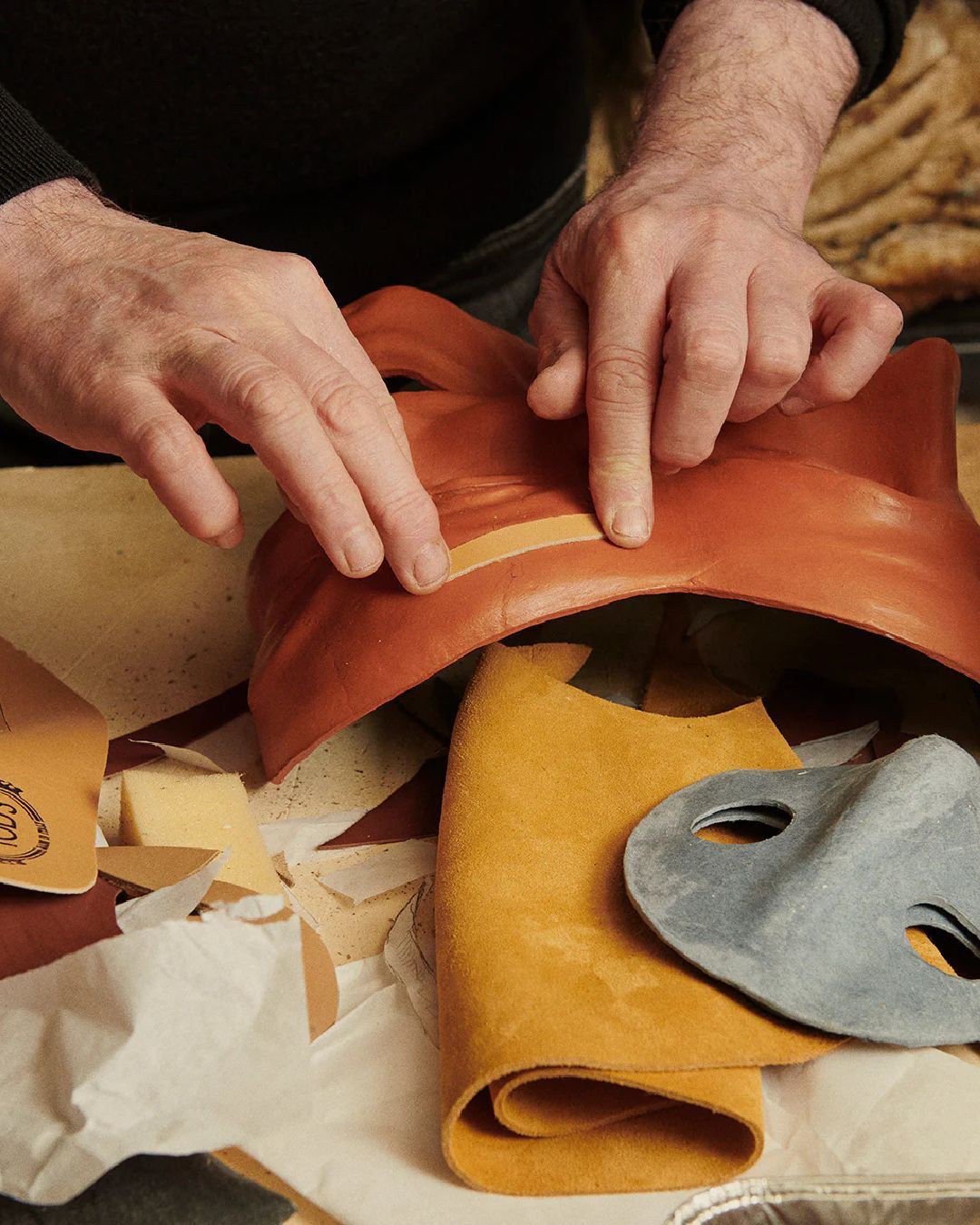
Does it make sense to nominate Italian cuisine as a UNESCO heritage site? Some insiders are not too sure
The evaluation procedure for the candidacy of Italian cuisine to become UNESCO intangible heritage should conclude by the end of next year. The initiative is supported by the Ministry of Culture and the Ministry of Agriculture, and has been described as "the best calling card to present Italy to the world." Specifically, the candidacy concerns Italian cuisine understood as a set of social practices and rituals that often make meal preparation and consumption a moment of sharing regional values and identity. "I believe that the importance of Italian cuisine as intangible heritage lies not in our chefs, but in what our grandmothers have passed down to us," said the President of the Lazio Region Francesco Rocca. However, not everyone agrees with this candidacy, as it is believed that Italian cuisine – being so complex and multifaceted – does not truly meet the requirements to become a protected asset by the United Nations agency.
Criticisms of the candidacy of Italian cuisine for UNESCO
Open to declino della creatività italiana:
— SiracusAsucariS (@Barbapapoo) August 9, 2023
Il logo della cucina italiana candidata a patrimonio Unesco è un orrendo 4 salti in padella...con la Nutella. pic.twitter.com/FU9oCy3goK
According to the agency's rules, to become UNESCO heritage, the candidate element must be transmitted from generation to generation and must convey a sense of social and cultural belonging. "Can this be argued for 'Italian cuisine' in general?" asks Michele Antonio Fino on Linkiesta Gastronomika, a professor at the University of Gastronomic Sciences in Pollenzo. "What is traditional in the kitchens of top chefs and at the same time in family kitchens, in taverns as in all places where people eat in the Belpaese? [...] Certainly not the family recipes, because they represent an irreducible multiplicity under the adjective 'Italian'," he says. According to Fino, Italy does not really have a "common gastronomic tradition", so there would not be room to propose it – without "flattening" it – to become intangible heritage. Fino, rather than Italian cuisine in general (assuming it really exists), would propose to instead nominate the "familiarity" of Italians with food, understood as "a heritage of practices, knowledge, and sensitivity" indirectly passed down through generations. Others believe that the proposal to make Italian cuisine a UNESCO heritage will not have significant consequences on how it is perceived worldwide. Claudio Costantino, from the culinary dissemination project Juice, argues that the candidacy alone will not be able to "add value elements, or change the perspective" on the perception of Italian gastronomic culture abroad – something that happened with the recognition of Mexico, with the recognition of its gastronomic culture by UNESCO which helped to make the country's culinary tradition known beyond national borders.
Are we sure we know what "Italian cuisine" is?
Italian cuisine is much less codified than one might think. Pasta, for example, although it has been a product in Sicilian cookbooks since the Middle Ages (and from the second half of the 17th century also in Neapolitan ones), became a national dish only from the First World War onwards. The great variety of Italian dishes we know today derives from the prosperity achieved in the post-World War II period; until then, Italians tended to eat little and poorly – which is why the wealthier classes in the kitchen tended to imitate French gastronomic culture. Pizzerias in Northern Italy spread relatively late: initially, they were seen as something "exotic," frequented almost exclusively by young people. If it is true that national identity also passes through cuisine, it is equally true that cuisine, like peoples, is constantly evolving. Some historians and gastronomy experts criticize initiatives like the candidacy of Italian cuisine for UNESCO heritage because they read between the lines the intention to crystallize the country's gastronomic culture and, with it, its own cultural identity.















































